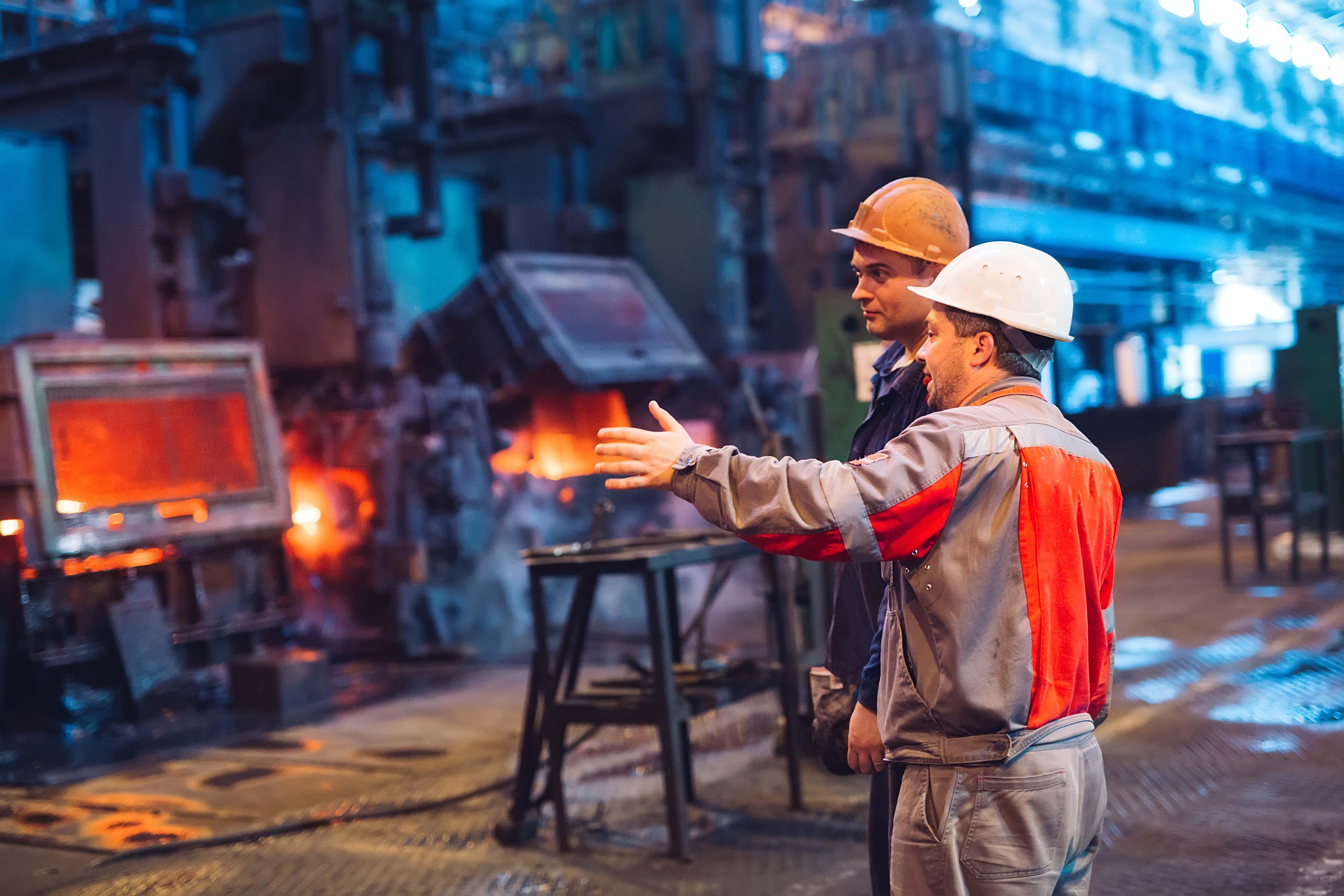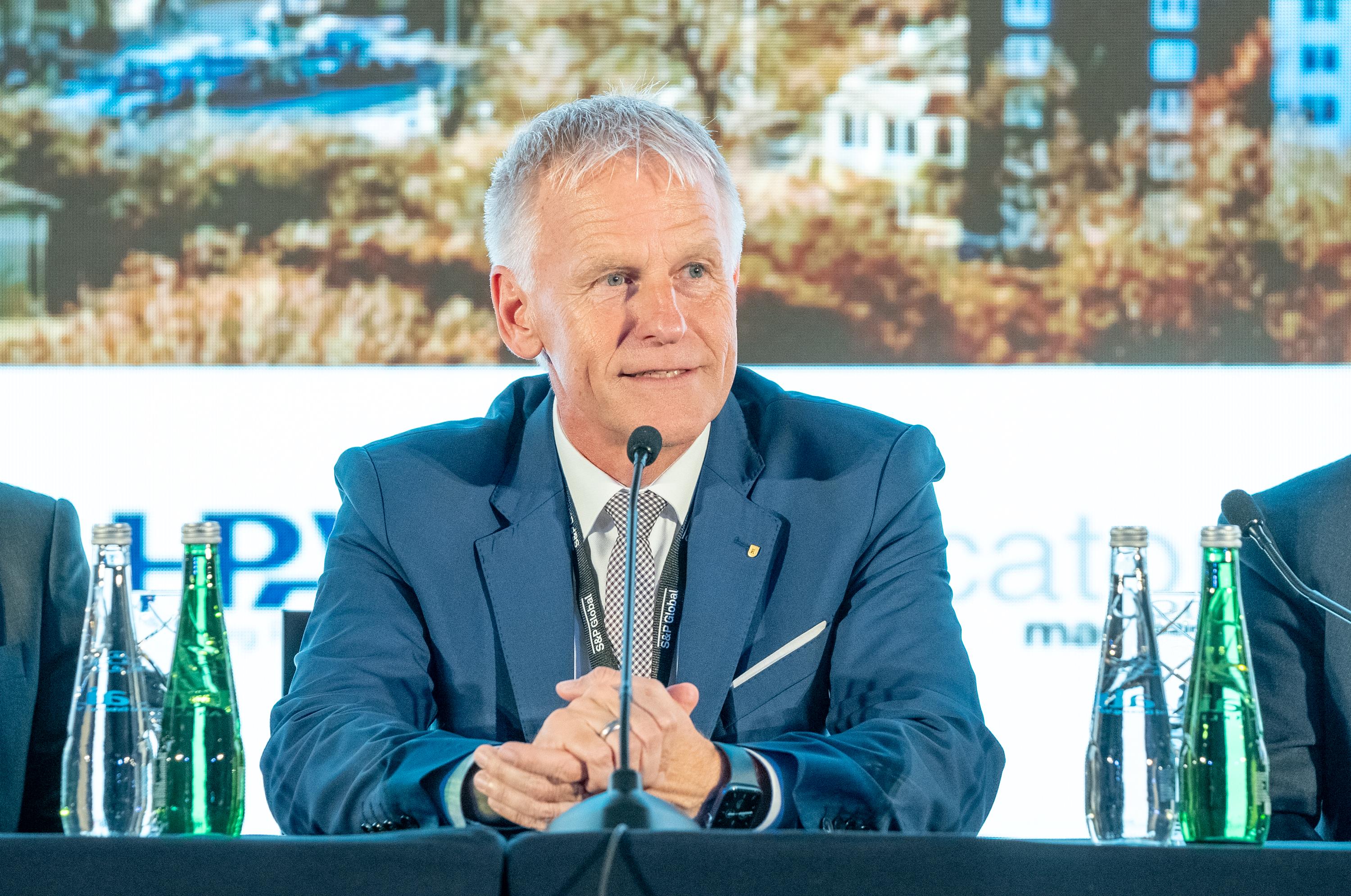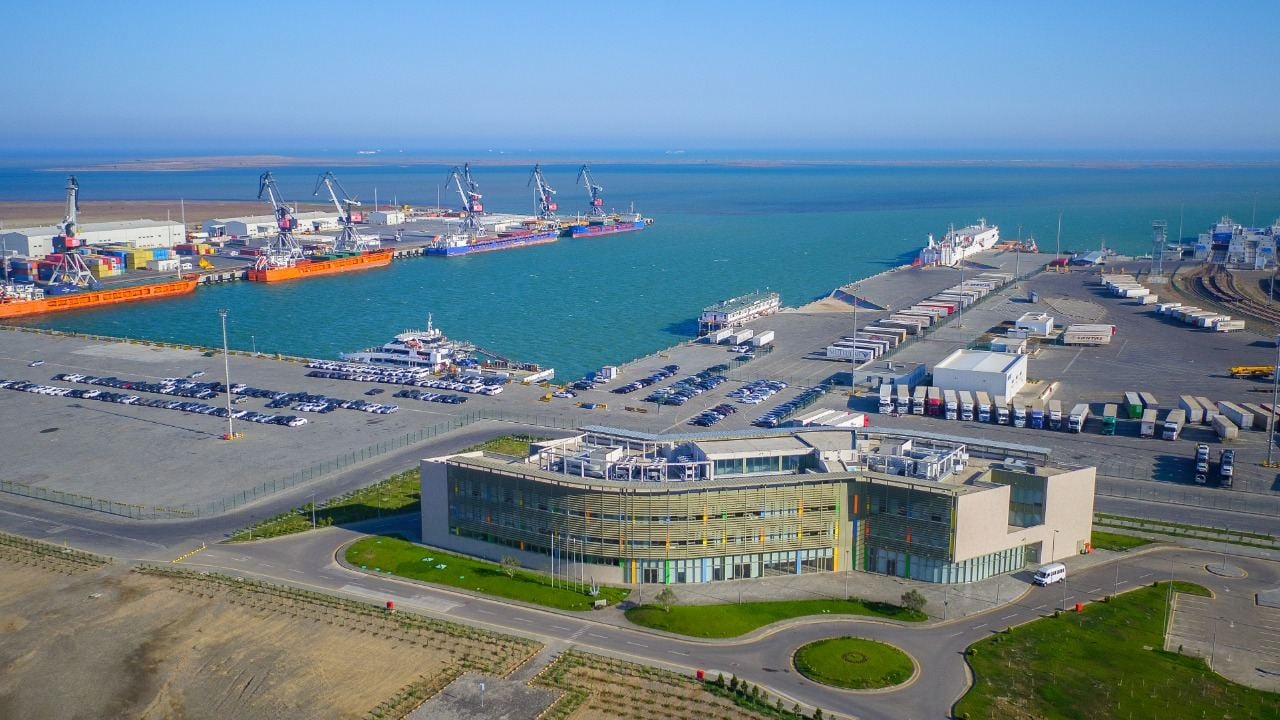Technology for €88M hydrogen-fuelled steel plant holds promise for maritime innovations
Leadership Insights newsletter story

Italian-headquartered classification society RINA’s Hydra steel production initiative, part of the Important Projects of Common European Interest (IPCEI), is significantly supported by the European Commission’s NextGenerationEU plan, Italian Ministry of Enterprises and Made in Italy. This €88M research project aims to generate up to seven tonnes of different grades of steel per hour and will use hydrogen as a reducing agent for the steel production.
RINA chairman and CEO Ugo Salerno said that while the exact amount of fuel needed for the plant is not specified, the focus is on transitioning to 100% hydrogen fuel [by 2025]. “The funding process involves collaboration with major European stakeholders, reflecting a collective commitment to sustainable innovation,” he added.
The steel sector, which RINA says accounts for about 8% of global emissions, is actively seeking sustainable solutions. The Hydra project aims to reduce emissions to mere kilograms of CO2 per tonne of steel. Currently, every tonne of steel produced emits 1.63 tonnes of CO2 on average.
Salerno explained that the Hydra project’s principles could potentially extend to maritime applications. “The use of hydrogen in reducing emissions is a growing area of interest in various industries, including shipping. RINA’s experience in hydrogen-based decarbonisation technologies, which includes the project management of a railway line for the first hydrogen-fuelled trains in Italy (set to enter service in 2024), could pave the way for similar innovations in maritime, aligning with global decarbonisation goals,” he said.
RINA is involved in various other GHG reduction projects that deploy hydrogen-based technologies. The CEO singles out one notable project as being particularly notable: the world’s first test of a 30% gas-hydrogen blend in steel forging. “Additionally, RINA is working on maritime decarbonisation, exploring dual fuel solutions using gas reformers and carbon capture technology,” Salerno says, adding that these projects are often supported by government and international bodies.



